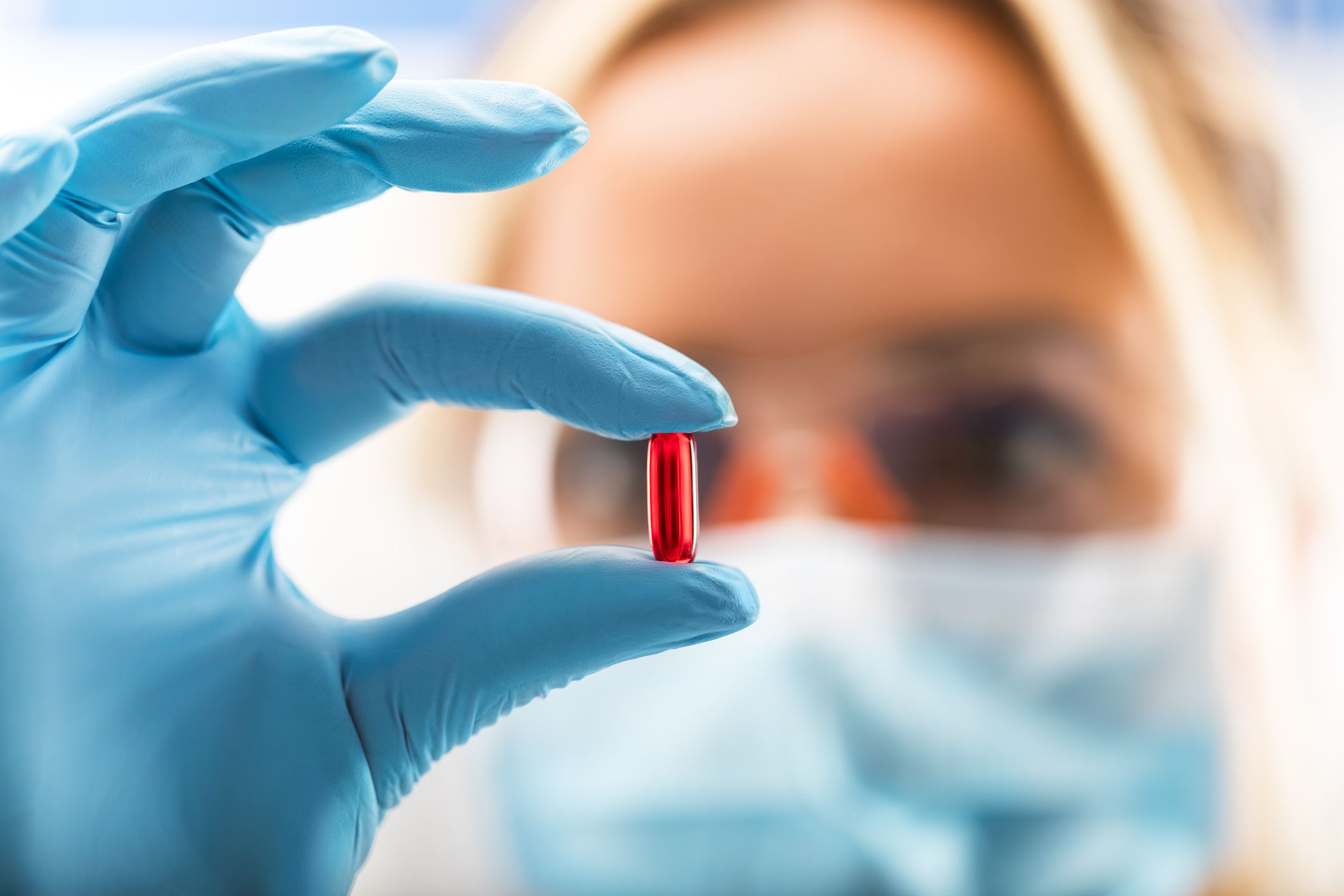
Antidepressants don't work for up to 30 percent of people with depression, and some scientists believe this could have something to do with the shape of their neurons.
Selective serotonin reuptake inhibitors, or SSRIs, are the most commonly prescribed drugs for treating depression. In the U.S., major depressive disorder is the most common cause of depression for those between 15 and 44. Characterized by an overwhelming sense of sadness or loss of interest in most activities to a debilitating extent for at least two weeks, as well as four other depressive symptoms, the disorder affects more than 16.1 million adults, according to the Anxiety and Depression Association of America.
But we don't yet know what causes depression, although one popular theory is that low levels of the neurotransmitter serotonin could play a role. SSRIs work by stopping the reuptake of the neurotransmitter into the nerve cell, or neuron, from which it was released.
The authors of a new study published in the journal Molecular Psychiatry said that investigating why some people don't see their symptoms improve after taking such drugs can be tough. There are about 300,000 hard-to-reach serotonergic neurons among the total 100 billion neurons in the brain. And it's tricky to tell if differences picked up in brain scans or postmortem examinations of the organ's tissue are caused by depression, the use medication for long periods, or biological causes, the authors explained.
From a selection of 803 patients with major depressive disorder, the researchers picked three who went into remission after taking SSRIs and three who did not respond to the drugs, and they performed skin biopsies on the participants.
Thanks to recent advances in technology, the scientists were able to turn the skin cells into what are known as pluripotent stem cells. From these, they generated serotonergic neurons and studied them in vitro.
The team found that those who didn't respond to antidepressants had longer neuron projections than those whose symptoms were eased by SSRIs. They also had lower levels of the two genes involved in making brain circuits.
These differences might change how different neurons communicate in the brain and could render SSRIs ineffective, the researchers said.
Senior author Rusty Gage, president of the Salk Institute for Biological Studies, said: "With each new study, we move closer to a fuller understanding of the complex neural circuitry underlying neuropsychiatric diseases, including major depression. This paper, along with another we recently published, not only provides insights into this common treatment but also suggests that other drugs, such as serotonergic antagonists, could be additional options for some patients."
Gage added, "These results contribute to a new way of examining, understanding and addressing depression."
Valentina Mosienko, a neuroscientist at Britain's University of Exeter College of Medicine and Health, told Newsweek, "This study is the first to offer a new model to study serotonergic neurons by deriving them from skin cells of patients non- and responsive to antidepressant treatment."
She said normalizing the length of serotonergic neurons in patients with major depressive disorders could one day become a treatment for depression.
Ullrich Bartsch, a research fellow at Britain's University of Bristol, told Newsweek, "This study allowed a rare glimpse of very fundamental properties of neurons that produce the neurotransmitter serotonin in the brain. This study is particularly interesting because it compares cells from patients that responded to treatment to cells that did not respond to treatment. There are very few previous studies out that have addressed this question."
However, Bartsch pointed out that the neurons the scientists investigated were in a dish. "They are quite far from what is going on in a living brain. Plus, serotonergic cells only represent one part in a complex network of connected cell types which then connect to networks in other brain regions. Complementary approaches like postmortem brain studies will have to confirm these findings."
Gage also acknowledged the study was limited in some respects. He told Newsweek: "Although chosen from a large cohort of over 800 well-characterized depressed patients, due to the low throughput nature of stem cell-based techniques, we were able to study serotonergic neurons from only six individuals, those with robust treatment response or resistance."
Asked how the study contributes to our wider understanding of treating mental illness, Gage said: "This study suggests that patients with the same mental illness but different drug response profiles may have different sets of underlying neurobiological mechanisms." The study could, therefore, change how mental illness is defined and categorized in the future, he said.
The research follows a 2017 study conducted in mice that suggested a gene could be to blame for SSRIs not working in some patients.
This article has been updated with comments from Valentina Mosienko, Ullrich Bartsch, and Rusty Gage.
Uncommon Knowledge
Newsweek is committed to challenging conventional wisdom and finding connections in the search for common ground.
Newsweek is committed to challenging conventional wisdom and finding connections in the search for common ground.
About the writer
Kashmira Gander is Deputy Science Editor at Newsweek. Her interests include health, gender, LGBTQIA+ issues, human rights, subcultures, music, and lifestyle. Her ... Read more
To read how Newsweek uses AI as a newsroom tool, Click here.








